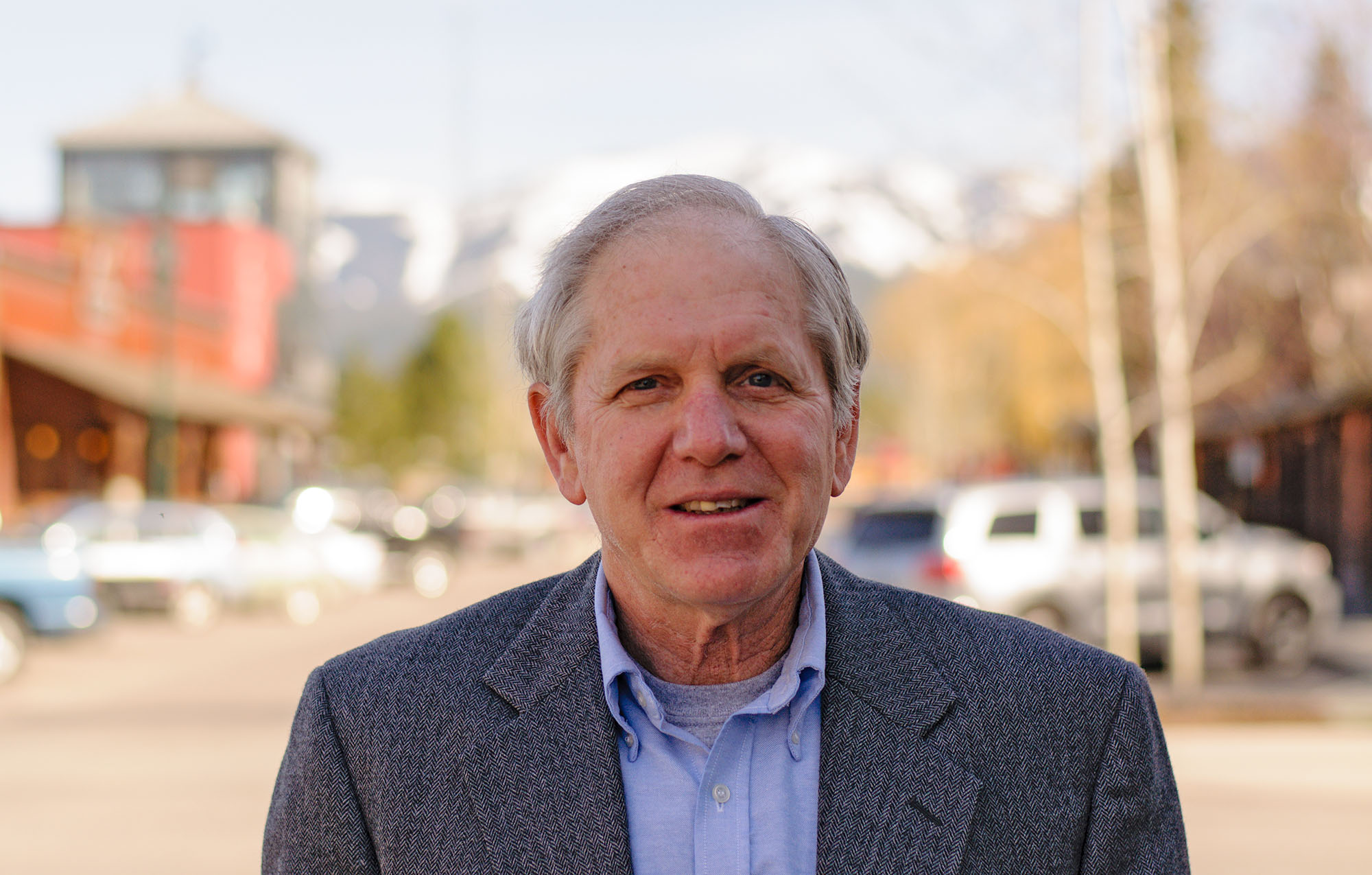A few years ago the legislature accepted a deal from the federal government: We’ll pay for expanded coverage of your low income citizens, not eligible for the Affordable Healthcare Act and we pay until about 2020. At the point says the federal government, you, Montana, pay 10% of the bill. And then Initiative 185 comes along and it says, you the Montana voter approve a tax on nicotine and the sum of that minus administrative costs will assist the funding of the 10% AND by voting for this initiative you will instruct the legislature to implement the renewal of Medicaid coverage for the people left out of the Federal solution to health care coverage.
On Friday the 13th, several legislators met with the best and brightest from the Montana Legislative Fiscal Division. These are the folks that predict revenues and present one of two (The executive branch being the other), revenue estimates for the legislature. Among many weighty issues regarding the continuance or expansion of statewide services, Medicaid renewal was one “pressure” (a term used in budgeting to quantify a line item not included in present law expenditures for the next biannium but likely to be a contested priority). The point: Even with the assistance from a passage of 185, the legislature will have to fund the remainder; possibly 100 million dollars per 2 year period. We are predicted to cap out at about 100,000 Montana’s being eligible for the coverage (138% above the poverty level). There are many other “pressures” including a simple pay raise for state employees and demands to meet our obligations with the public defenders system.
We probably can’t deliver Medicaid renewal and the various pressures facing us without new revenues. Maybe this will come through many long overdue fee increases, maybe, but unlikely, we’ll examine the efficacy of the 2% discount for cap-gains income within the state income tax. Even more unlikely, we’ll examine a select sales tax and retain the income tax.
Our numbers don’t look bad beyond 2020, with growth pegged at about 4% by the smart folks at the Fiscal Division. Not enough though. Folks are driving through and leaving money on the table, and e-commerce is tax free. We’re a low income state, an aging population, an abundance of real estate, and 100,000 citizens projected to be eligible for the HELP Act, medicaid expansion. On Friday the 13th, the challenges of the next session was presented to us. Theses are the hard prognostications that face the 2019 legislature.

 Welcome to my campaign website. In the short time leading up to the election, please check in to see what has been happening in our District, or within the legislature. Not to mention the happenings of my campaign. As always thank you for your support!
Welcome to my campaign website. In the short time leading up to the election, please check in to see what has been happening in our District, or within the legislature. Not to mention the happenings of my campaign. As always thank you for your support!